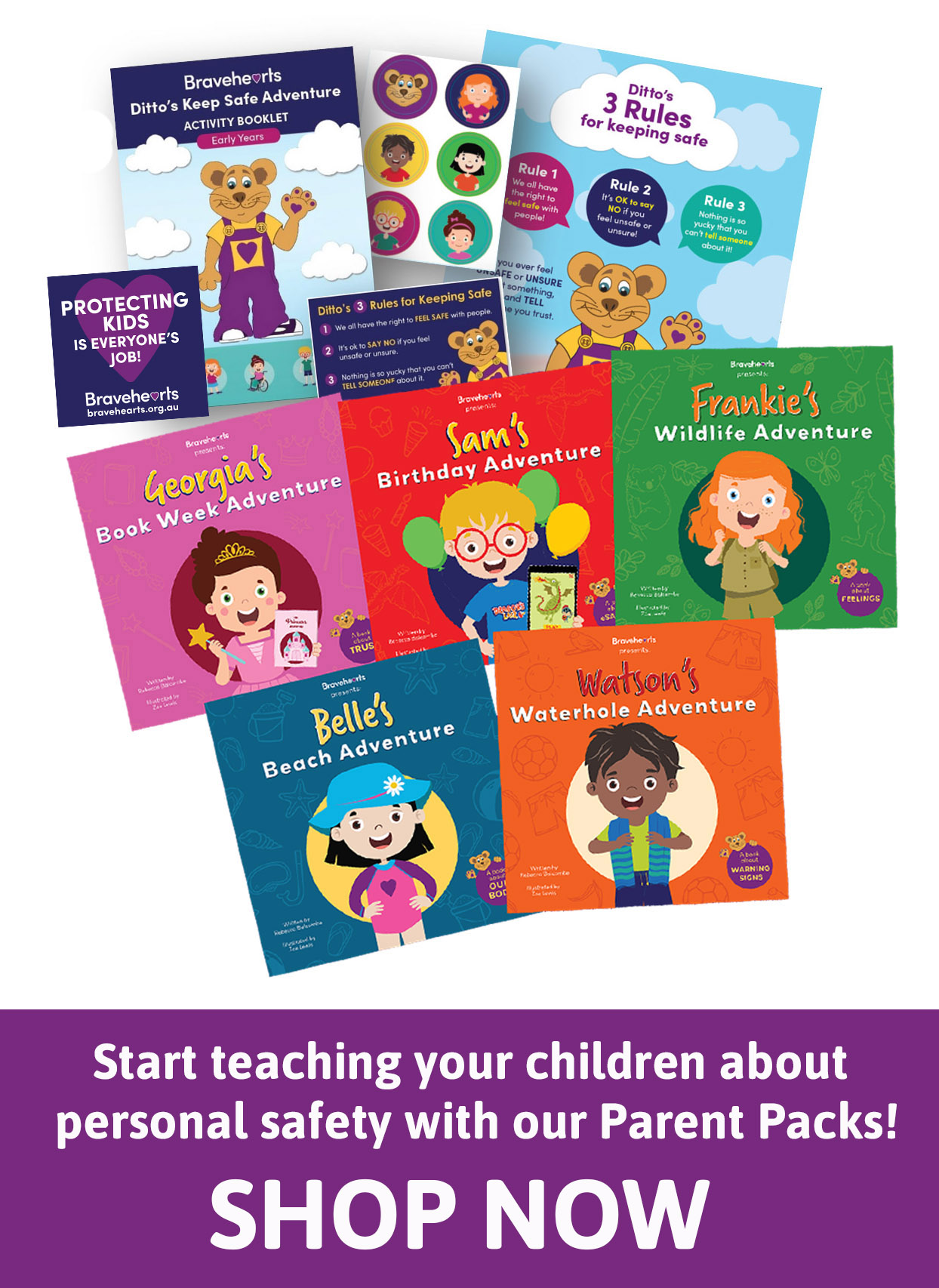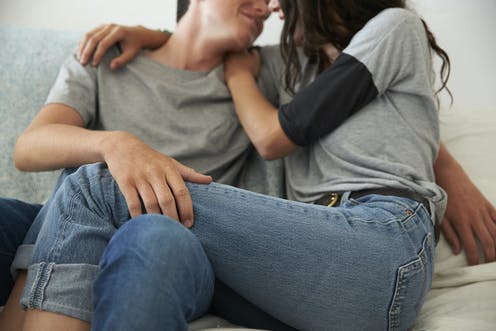Category
Helpful Links
- Home > Latest News > Young People and the Issue of Consent
By Charlotte Cumming, Bravehearts Training Facilitator
Consent and sexual harm between young people has been a topic of interest of late and dubbed a ‘new alarming trend’. BUT this is not a new problem. We know that 1 in 5 young people will be sexually harmed by their eighteenth birthday and up to 60% of the harm is caused by peers (Watson & Halford, 2010; Tarczon & Quadara, 2012; Australian Bureau of Statistics, 2017).
Our team sees and hears issues around consent every day whilst teaching ProjectYou!, our personal safety and respectful relationships workshops, and this is what we have noticed:
- Young people who believe that only ‘no’ means no and fail to recognise the nuances/non-verbals that are equally important in understanding whether a peer is consenting to sexual activities.
- Young people who feel pressure to have sex. After all, over-sexualisation is what they see in the media and on social platforms day in and out.
- The normalisation of sending nudes or sexting with peers.
- The prevalence of sexual violence in porn.
- The list goes on.
What about schools? How are they addressing this?
You may naturally presume that institutions who have a duty of care to prevent harm would know what to look for and what to do. But the reality is, schools often focus more on adult to child sexual assault and overlook the fact that a young person is more likely to be harmed by a peer than an adult. They also struggle to differentiate between ‘normal’ and harmful behaviours.
In our school workshops, we see teachers who are visibly uncomfortable when we discuss healthy to harmful sexual behaviour. They are genuinely at a loss of how to approach this topic with young people, they don’t feel comfortable or confident in addressing sexual harm as it is not a part of standard teaching studies.
RELATED: Talking to your pre-teens and teens about the issue of online porn
There is also an undercurrent that it’s ‘not that bad’ if it’s between young people. But it is.
We hear time and time again that ‘boys will be boys’. But it is not acceptable and it’s not just boys who are doing the harm.
We have young people who harm each other and those who have been harmed, and they don’t know where to turn for support. When survivors do speak up, adults often feel ill-equipped to manage the situation while peers they confide in may ask what they did to provoke the assault.
What about parents? What influence can they have?
Some parents are alarmed and want to keep their children safe but are at a loss as to where to start. Others appear unfazed and try to justify the harmful behaviour as ‘normal’ adolescent behaviour. Families play a pivotal role in either normalising or challenging harmful sexual behaviours through role modelling and boundaries. Consent education starts with messages and behaviours in the home.
Where to from here? What can we do?
A good place to start is by educating young people about consent, their right to say no and the need to respect another person’s wishes. The earlier we start talking to young people about this the better! This is why Bravehearts facilitates workshops about personal safety from as young as three years old, all the way up to 18. These programs include messaging around healthy relationships, personal boundaries, online safety and consent to ensure all children received age-appropriate education from the outset.
Now, we know it can be an uncomfortable topic for some adults to discuss. We get it. But what’s even more uncomfortable is doing nothing and seeing increases of sexual harm between young people.
We also need to get better at addressing unsafe behaviours between peers such as offensive nicknames, social bullying, revenge porn, sexualised or degrading jokes and teasing or shaming others for speaking up. Failing to address these behaviours leads to more sexual harm and a culture where sexual harm is accepted.
Much like any behaviour, offering praise and reinforcing safe attitudes and behaviours is the most effective way to see a positive cultural shift. How we can do this is by praising young people who: report their concerns, stand up for victims, and encourage a supportive social environment.
We also need to give young people a voice. They should feel empowered to speak up and know the process for doing this.
Think about it: Do the young people you know understand who they can speak to if they are concerned about themselves or a friend? Are they given the opportunity to provide input when child protection processes and policies are developed in their schools or clubs? Do they understand their right to feel safe and supported?
We need to change our mindset of being reactive and start to be proactive when it comes to preventing sexual harm among young people.
Want to know more?
Online Courses, Workshops and Webinar
Bravehearts’ facilitated workshop for young people teaching consent and respectful relationships
Child Protection Course for Secondary School Teachers
Online course covering the following topics: Managing trauma in the classroom; Understanding problematic and harmful sexual behaviour; Recognising and responding to grooming; Responding to disclosures and reporting concerns; Teaching personal safety
Resources and Information for Parents
Information Sheet: How to have a conversation about consent (free download)
Booklet: Personal Safety for Children and Young People Parent’s Guide (free download)
Blog: Responding to disclosures
Support and Counselling
Bravehearts’ Information and Support Line – 1800 272 831 (Mon to Fri, 8:30am – 4:30pm)
Bravehearts Counselling Services for children and families affected by child sexual assault
Turn#ing Corners Program (for young people 12 to 17 who have engaged in or are at risk of engaging in harmful sexual behaviours)
Useful Links
Australian Institute of Family Studies
Research about the effects of pornography on children and young people – https://aifs.gov.au/publications/effects-pornography-children-and-young-people
It’s Time We Talked
Stats, research and online resources for parents around young people and pornography – https://www.itstimewetalked.com.au/resources/
eSafety Commissioner
Everything you need to know about keeping kids and young people safe online – https://www.esafety.gov.au/parents
 BACK
BACK

